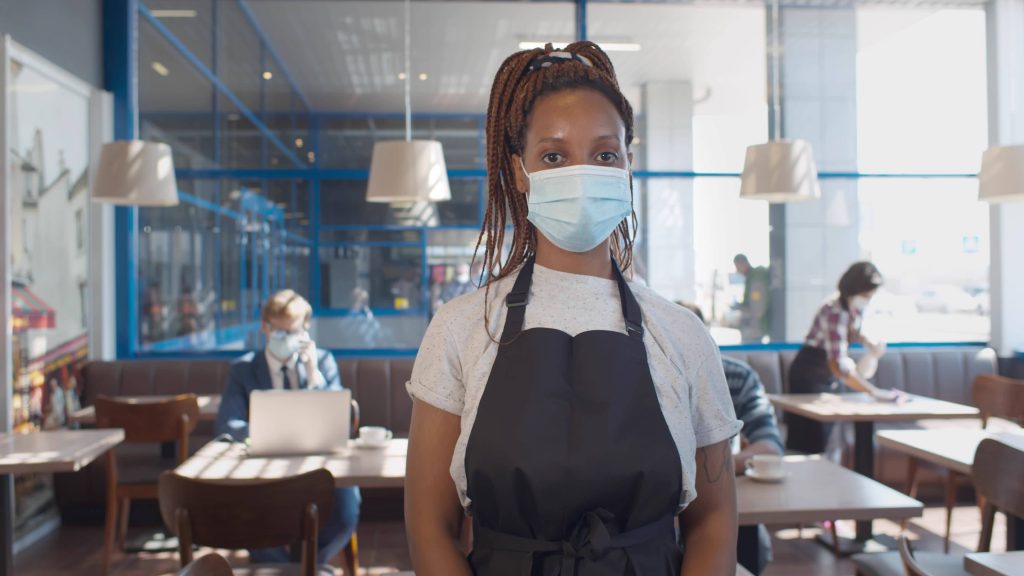
A recent Mayo Clinic study looked at the disproportionate effects of COVID-19 on racial and ethnic minorities.
"We found that environmental factors, especially systemic racism and problems with housing density, predispose these patients to having more chances of infection," says Dr. Aditya Shah, a Mayo Clinic infectious diseases expert and one of the authors of the study.
In this Mayo Clinic Q&A podcast, Dr. Shah explains the research findings and discusses how clinicians can help bring awareness to health disparities during the COVID-19 pandemic and other public health emergencies.
Information in this post was accurate at the time of its posting. Due to the fluid nature of the COVID-19 pandemic, scientific understanding, along with guidelines and recommendations, may have changed since the original publication date.
For more information and all your COVID-19 coverage, go to the Mayo Clinic News Network and mayoclinic.org.








